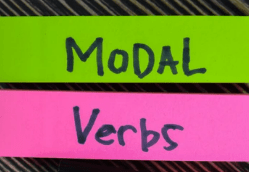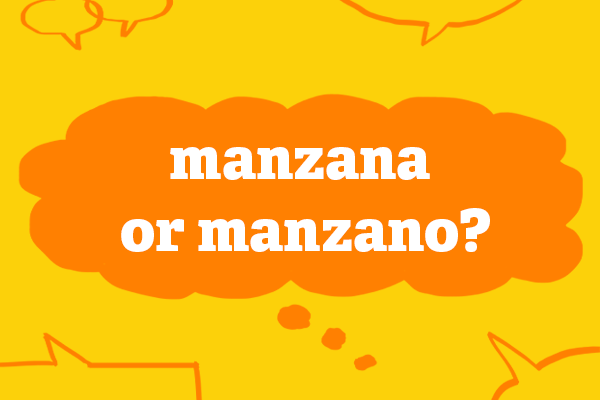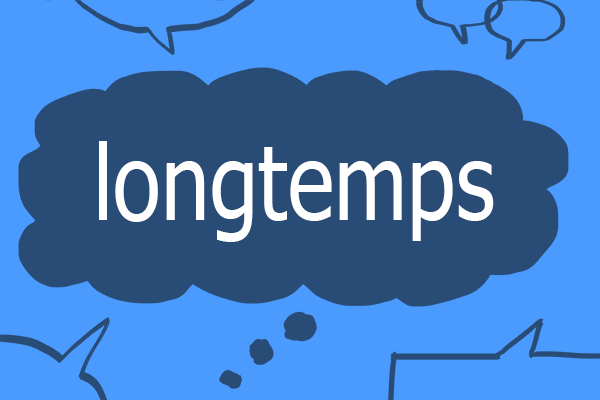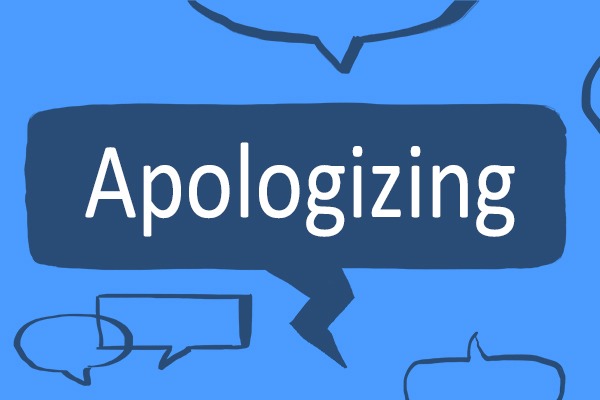
The most common modal verbs in English are: can, could, shall, should, will, would, may, might, and must. Modal verbs are a particular kind of auxiliary.
Look, I can do it! – Oh yes! So you can.
Can I use your phone? – Of course you can.
Do you think she will come? – I’m sure she will.
I must get our tickets today.
Modal verbs are used when you need to add special elements of meaning to a main verb, e.g.:
- to express different degrees of doubt and possibility about the action of the main verb.
I may not be able to do it.
I think that I might have caught your cold.
I could ask for you, if you like.
You couldn’t do it, could you?
- to express degrees of future possibility, ranging from the definite future, will, to the possible future, may, and the conditional future, could.
You will be seeing her on Friday at Jackie’s house.
I may be late home tomorrow evening.
I could bring some more bread home with me tonight.
- to request or give permission for an action to take place.
May I come in?
You can borrow my car tonight if you like.
- to make a prohibition, when used with a negative.
You shouldn’t use this computer without permission.
You cannot borrow my car tonight.
He must not see this letter.
- to speculate.
The weather’s so bad the flight could be late.
It might be all over by the time we get there.
- to express obligation and duty.
I must give in my essay today.
Helen ought to tell the truth.
- to refer to typical behaviour.
She can be very kind on occasions like this.
- to add politeness to a request which might otherwise sound abrupt.
Would you please close the door?
- to make conditional sentences.
- in reported speech.
Modals can refer to a time range that reaches from the immediate present to some future time, so that they can all be used for future reference, especially when they are used with a time adverbial.
You will be seeing her on Friday at Jackie’s house.
I may be late home tomorrow evening.
I could bring some more bread home with me tonight.
Some modals can refer to a time range that goes back from the immediate present to some indefinite past time. They can refer to habitual action when they are used with a time adverbial.
When I was little, I would ride my bike round and round the lawn.
For further information on English Grammar, visit: https://grammar.collinsdictionary.com/easy-learning
Come back for other blogs on using English in everyday situations: https://blog.collinsdictionary.com/language-learners/learning-english/
All opinions expressed on this blog are those of the individual writers, and do not necessarily reflect the opinions or policies of Collins, or its parent company, HarperCollins.



